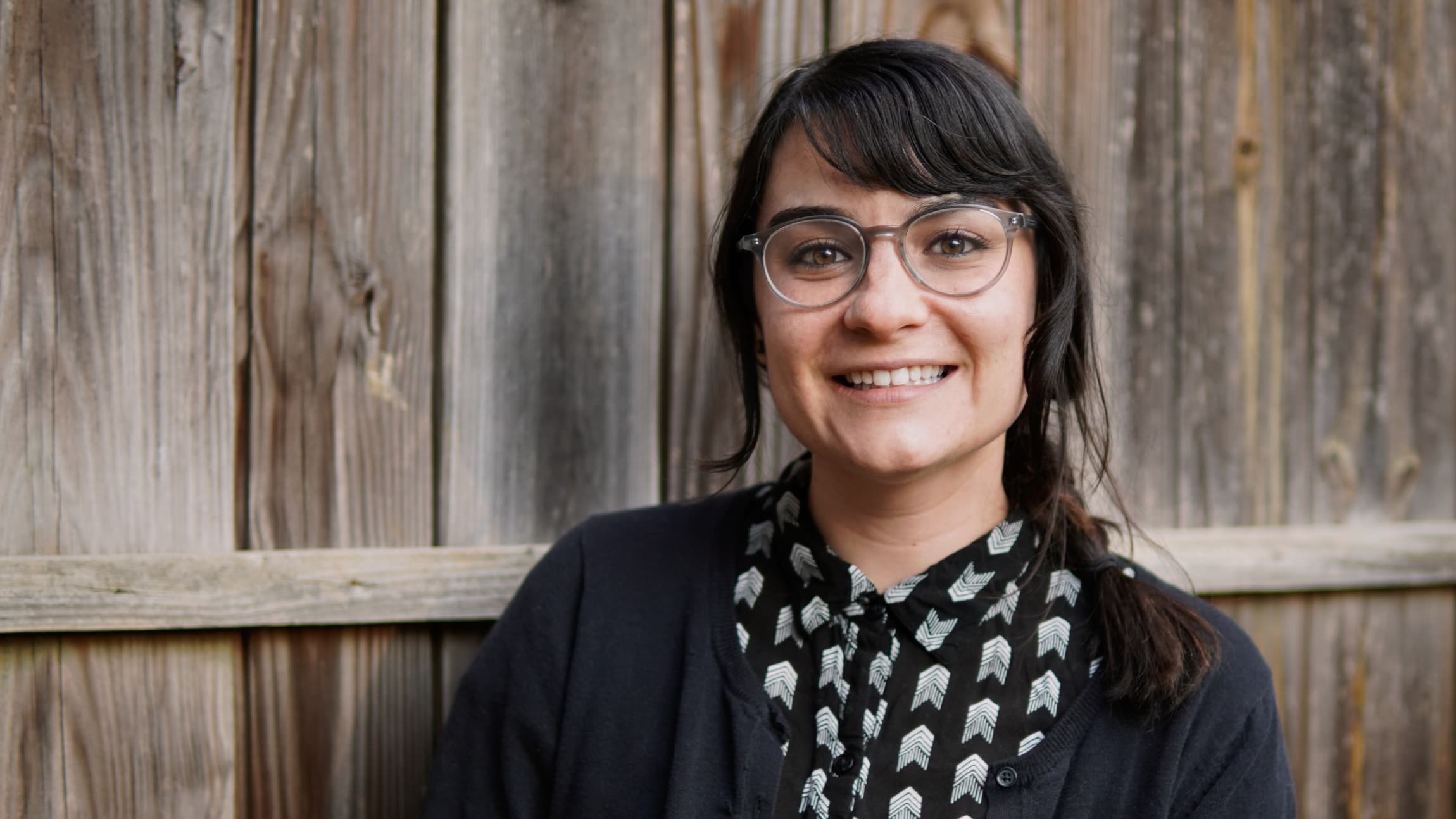Some of you may wonder why I publish weekly blog articles, create YouTube videos, email you tips, write books, treat via teletherapy, and create courses when I could be working a stable, 8-5 job somewhere.

I went into occupational therapy school because I wanted to help people. I wanted a fulfilling career, not just a job, and I was very privileged to go to school and turn that dream into a reality.
But it hasn’t all been rainbows and unicorns since I started practicing.
What Occupational Therapy Should Be
Occupational therapy is a holistic profession that helps people do the things that they need and want to do. By holistic, I mean that occupational therapists look at the whole person which includes their physical, emotional, mental, cognitive, and spiritual health.
The daily things we help with vary quite a bit from person to person. They range from putting on a pair of socks, going to the bathroom, cooking a healthy meal, mowing the yard, integrating healthy habits, or socializing with friends and family.
Occupational therapy equally values understanding our client’s experiences, desires, and needs, and applying scientific evidence to treatment.
That’s all well and good in an idealistic world. If you’ve read my Healthcare is Broken article, you know that when I started practicing, I found that I was not in an ideal healthcare system.
Healthcare Breakdown
In some settings, therapists rarely have enough time to go to the bathroom, and that time still counts against them. Due to productivity standards and corporate expectations, therapists aren’t always able to practice holistically. They are made to focus on a few main issues (that may or may not even be important to the person) and quickly get the client out of the building, so the next person can come in.
Therapists are at the mercy of insurance companies and executive management. The only people that win in that type of environment are those at the top lining their pockets with cash.
You can probably feel my disgust. I’ll reiterate that I went into my profession to help people. I did not become an occupational therapist to make other people rich on the adversity and difficulties of others.
Who’s the real expert?
I’ve mentioned this idea of examining expertise in my eBook, The Stroke Recovery Pocket Guide. Healthcare professionals, including occupational therapists, have their own areas of expertise.
But you are the expert on you.
Healthcare professionals should be blending their expertise with yours. We should be in a mutual relationship in which you learn from me, and I learn from you. No one else can feel what you’re feeling or completely experience what you are experiencing, and each healthcare professional you interact with applies their unique knowledge.
To put this into a real-life example, I’ll reference Elizabeth Yerxa, a forward-thinking occupational therapist who has been an inspiration to me. She’s been published in several research journals and focuses on the absolute necessity of putting the needs, wants, and experiences of our clients first to provide real value in what we do.
She said that a therapist could measure a client’s progress by an increased joint range of motion. But if the increased range of motion is unrelated to that person’s wants and goals, what is its purpose?
It’s a check box to tick saying that we did something. It ultimately means nothing if it doesn’t mean anything to the person we’re working with.
Why I Do What I Do
In one of Elizabeth Yerxa’s articles, she said, “Tomorrow’s world needs a profession that views persons as both unique and whole, who create themselves through engagement in activity as driven by their interests and curiosity.”
In this non-traditional practice that I have created, I’ve made it a priority to understand what stroke survivors and their care partners need and want. I’ve made it crucial to my practice to better understand your experiences. I’ve made it a necessity to put you, as a unique and whole human being, first.
My productivity standard is not based on the number of clients I see in 8 hours. It’s based on how successful my clients feel after working with me.
My main focus of treatment is not based on what gets you to “good enough” to discharge from therapy. It’s focused on helping you with what you deem important.
My measure of success is not if we finished all the therapy visits you were allotted. It’s based on your satisfaction with my treatment.
I don’t work with many insurance companies because they dictate what we can and can’t work on together. I want your treatment to focus on all the things that are important to you, especially if those things wouldn’t normally be covered by insurance.
We are all people striving for joy, fulfillment, and love in this life. In this case, I happen to be a therapist and many of you reading this are survivors or care partners, but this doesn’t change the fact that we all want the same things. Having a stroke can interrupt how we do those things, and that’s why I’m here; to help you achieve what you need and want to do.
So this is why.
Because in addition to being a survivor, you are a human with your own perspective, feelings, wants, and needs. Because the U.S. healthcare system fails too many survivors. Because I truly care about helping survivors live their lives fully and joyfully. And because you deserve to live your life to the fullest.

